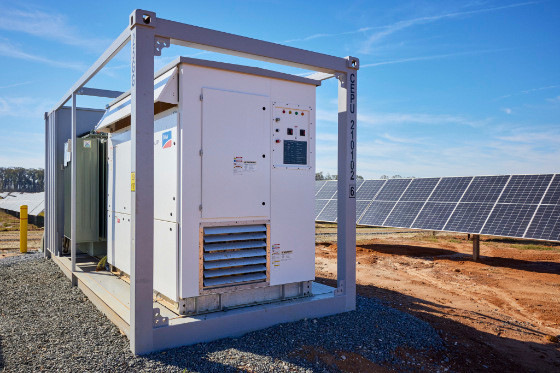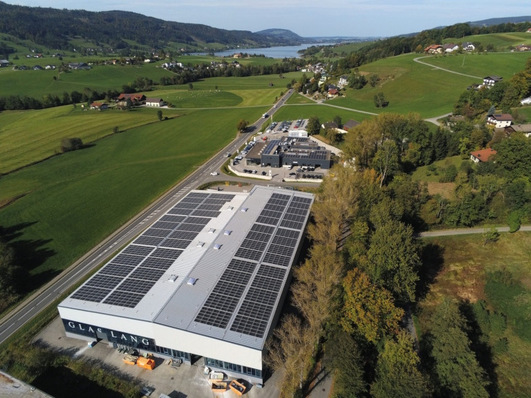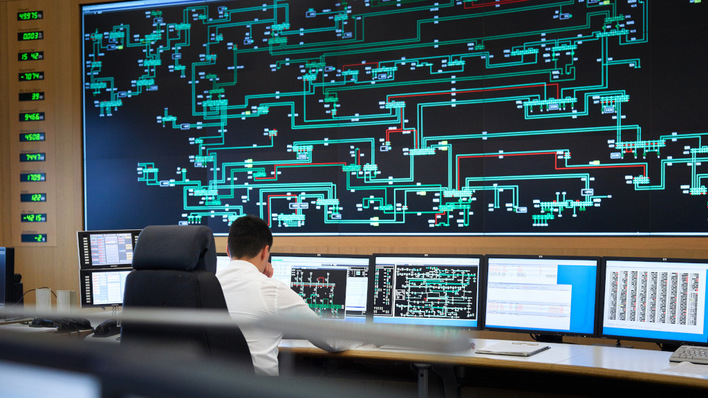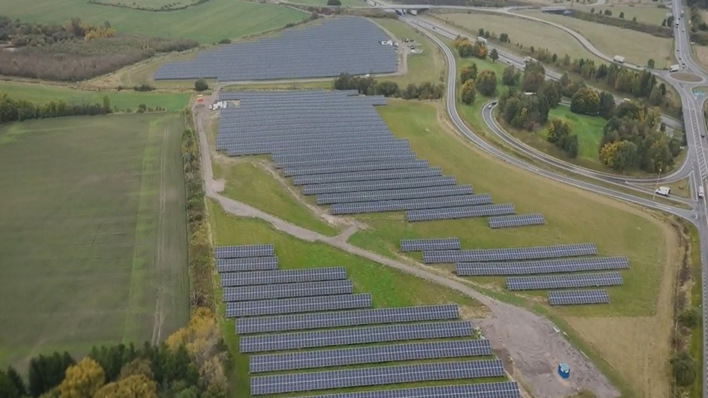The planned system reacts within seconds and can provide the designed output for over an hour. In this way, the system contributes to the efficient stabilisation of the grid and a reliable power supply. RWE plans to implement the storage project at existing power plant sites, thus exploiting synergy benefits. "Our new battery storage facility will optimise the use of our German power plant fleet and provide balancing power together with it," says Roger Miesen, CEO at RWE Generation. The large-scale storage facility is a group-wide joint project.
The storage unit is virtually networked with power plants
The highlight: the new battery storage is virtually networked with RWE's German power plants. This allows optimised control of when which unit efficiently provides balancing power, either individually or as a group. The energy giant is drawing on its experience in project planning, modelling and system integration, and is therefore taking over the commissioning of the project and everything else on its own.
Also interesting: Commercial storage system for high up in a mountain refuge
The storage facility is divided among various locations: In Neurath, batteries with a total capacity of 80 megawatts will be installed on an area of around 7,000 square metres. That is roughly the size of a football field. In Hamm, batteries with a total output of 140 megawatts are to be installed on an area of 14,000 square metres at the Westfalen Sogar power plant. The plan is to use new lithium batteries, which will be installed in a cabinet construction and delivered factory-ready. Once planning permission has been granted, project construction is scheduled to start in 2023.
Target: three gigawatts of battery storage by 2030
In Germany, RWE is currently finalising a storage project with 117 megawatts, which is virtually coupled with the run-of-river power plants on the Moselle. In other projects, RWE has electricity buffers made from used electric car batteries or redox flow systems. RWE currently operates battery storage projects with an installed capacity of around 150 megawatts and 160 megawatt hours. The group aims to build three gigawatts of battery storage by 2030. (nhp/mfo)








